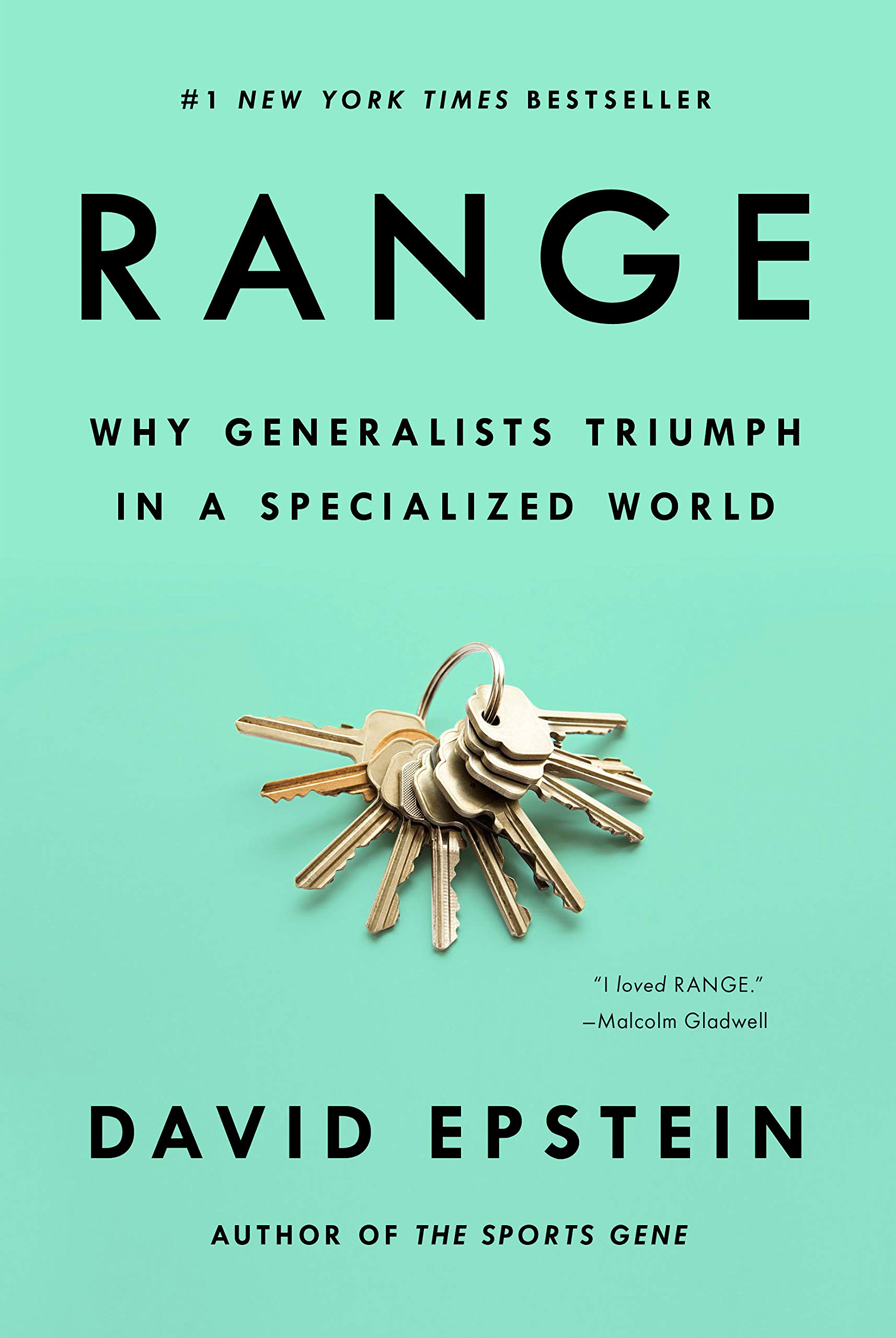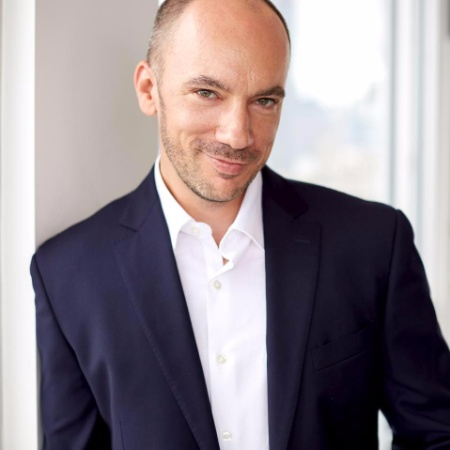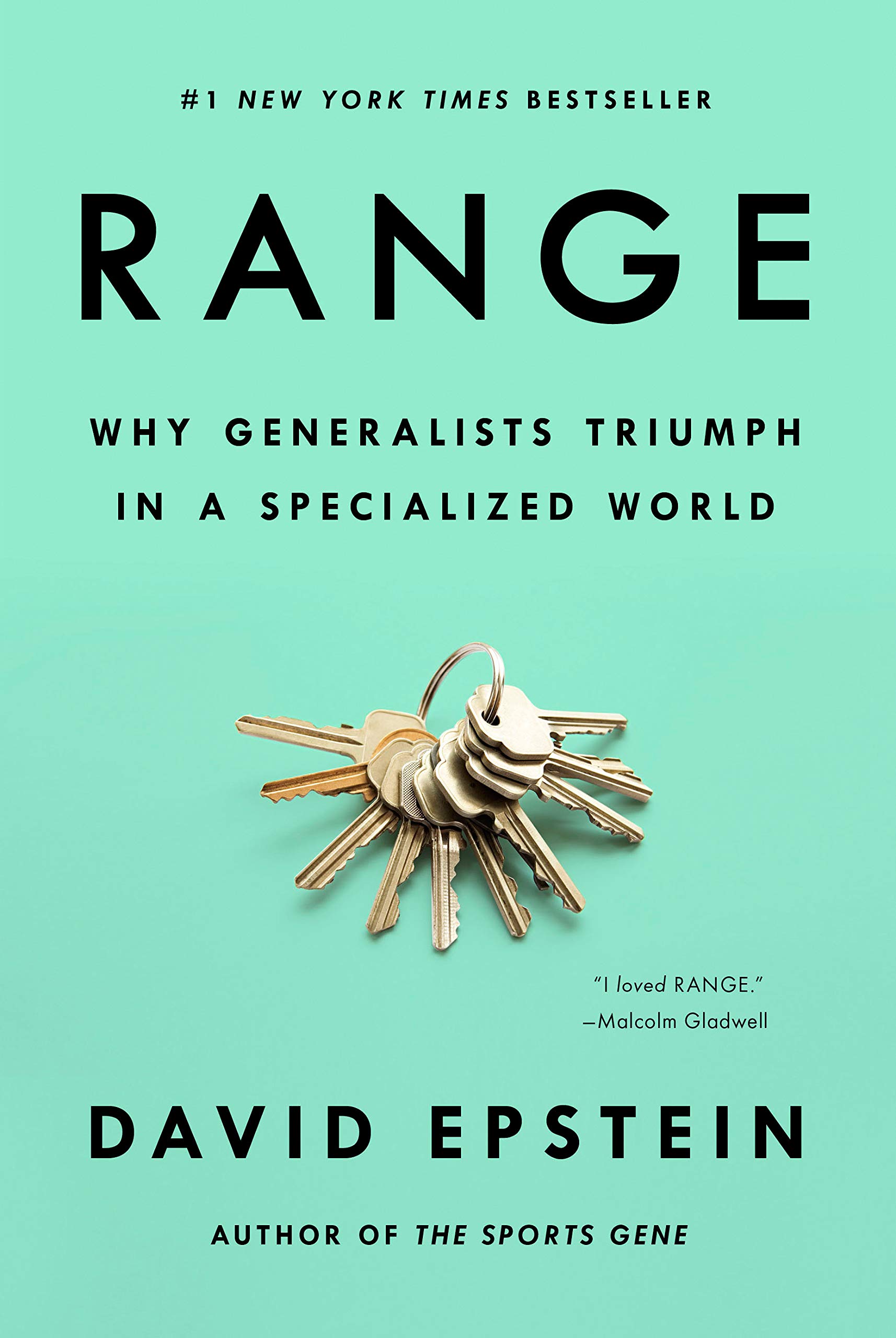
I was excited to read RANGE, by David Epstein. The book argues that in most fields – especially those that are complex and unpredictable – generalists, not specialists, are primed to excel.
I love this message. I’ve been a newspaper editor, a startup founder, a venture capitalist, a business consultant, and a movie producer. Somewhere along the way I graduated from law school and got a chemistry degree. I’ve struggled with jobs that forced me to operate within a narrow lane. This book made me feel like maybe, just maybe, I’m doing something right.
For RANGE, Epstein examined the world’s most successful athletes, artists, musicians, inventors, forecasters and scientists. He found that generalists often find their path late, and they juggle many interests rather than focusing on one. They’re also more creative, more agile, and able to make connections their more specialized peers can’t see.
Most breakthroughs result from interdisciplinary or cross-functional learning/idea transfer. The best innovations happen when someone from a far-away field (where they may have deep knowledge) brings new thinking & approaches to a new field of study. This “lateral” learning is quite different from “expert” learning, which is also important.
Serial innovators tend to have wide ranging interests, multiple hobbies and avocations. There’s a great quote from Lin-Manuel Miranda: “I have a lot of apps open in my brain right now.”
The most common path to excellence in music, Epstein found, is a sampling period of 3-4 instruments, followed only later by a narrowing of focus, increased structure and an explosion of practice volume.
The book’s advice: Try lots of things, read broadly, and fail lots of times. Premature optimization means specializing in a field before you know yourself well-enough. Give people choice and switching options early, let them experiment and feel a sense of control, and they’re more likely to end up in a field they love and excel at.
We maximize match quality throughout life by sampling activities, social groups, contexts, jobs, careers and then reflecting and adjusting our personal narratives.
Epstein argues that not only can creativity and lateral thinking be taught and cultivated, but that flexible thinking (range) can in fact be smothered by an emphasis on overachievement in a particular area or by a narrowing of the scope of inquiry.
“Learning stuff is less important than learning about oneself. Exploration is not just a whimsical luxury of education; it is a central benefit.”


